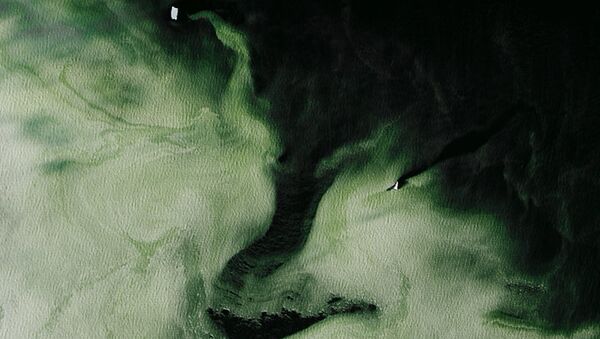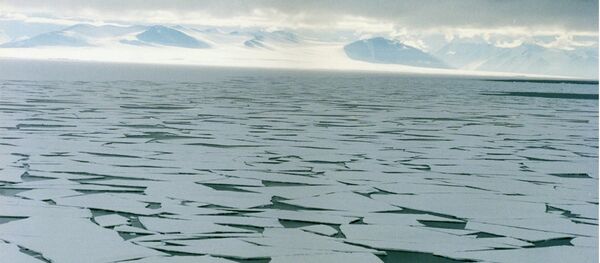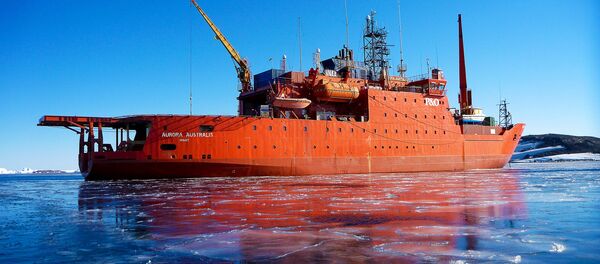The research was conducted by the University of Exeter, which analyzed the moss banks of islands along the Antarctic coastline and published their findings in Current Biology. Moss banks are excellent resources for charting plant growth because each year, a new layer of moss grows on top of the old one, creating layers of plant growth that allow for insights into how the moss has changed as far as 150 years back.
They found that the Antarctic moss had undergone a "widespread biological response to increasing temperature" in recent years. "The Antarctic Peninsula is often thought of as a very remote and possibly even untouched region, but this clearly shows that the effects of climate change are felt here," said study lead Matt Amesbury. He added that moss growth has increased by 300 or even 400 percent.
"If this continues, and with increasing amounts of ice-free land from continued glacier retreat, the Antarctic Peninsula will be a much greener place in the future."
The researchers also found that the heat had melted some of the ice, causing more water to appear in the biomes. This water helped to hydrate the plants and speed their growth. However, the warming was still the principal cause of the increased plant growth.
"If you'd taken a photograph of these parts of the peninsula 50 years ago it would have been a monochrome shot of ice," Dominic Hodgson, another of the study's co-authors, said to CNN. "Nothing but glaciers. Today that photo would show extensive patches of green."
Right now, plant life exists on only 0.3 percent of the enormous Antarctic continent, but that number may be much higher sooner than you'd think. "The sensitivity of moss growth to past temperature rises suggests that ecosystems will alter rapidly under future warming, leading to major changes in the biology and landscape of this iconic region," said the Exeter team in a statement. "In short, we could see Antarctic greening to parallel well-established observations in the Arctic."
If the temperatures continue to rise, rapid growth can be expected to continue. Ice shelves will retreat and vegetation will take their place, eventually turning Antarctica into something unrecognizable to us today.
"Should this occur, it would further transform the face of this remote, largely pristine and very iconic region," Thomas Roland, a co-author on the study, told the Guardian.




